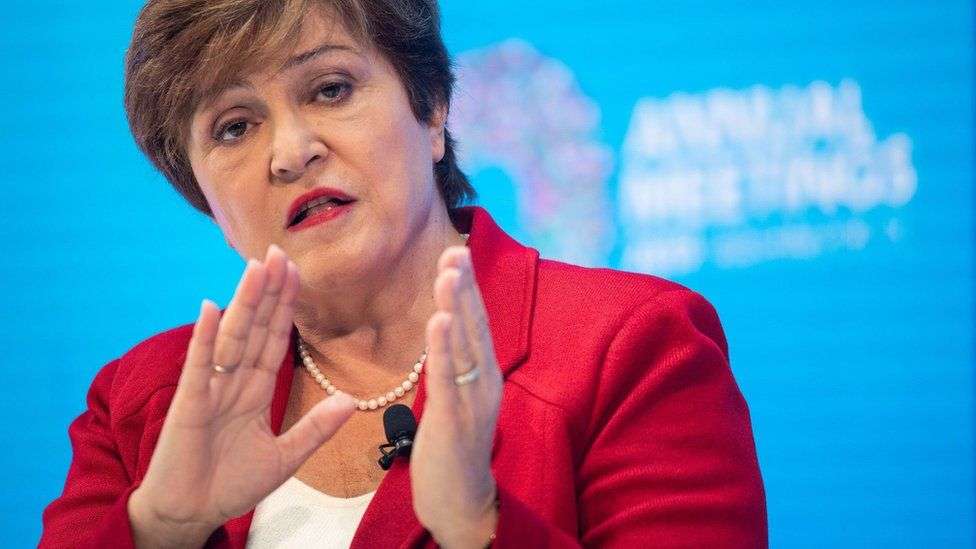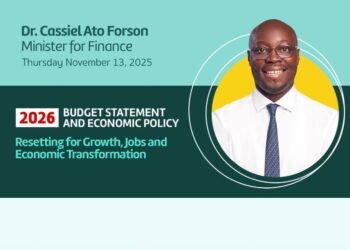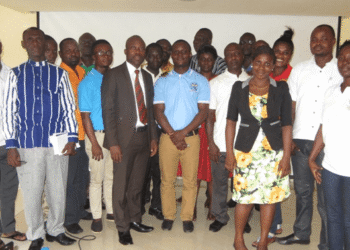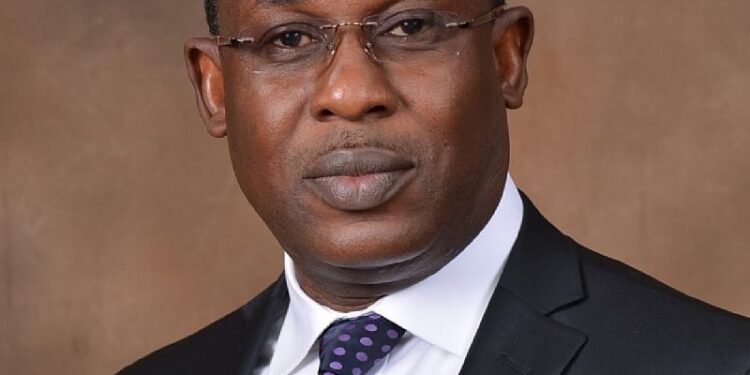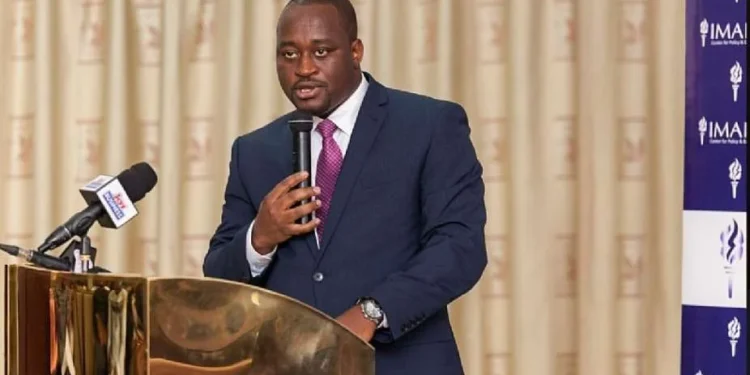As countries around the globe gear up for elections in 2024, the International Monetary Fund (IMF) is sounding a crucial alarm: prioritize fiscal prudence to safeguard economic gains.
In a press briefing on the IMF’s Global Policy Agenda, Managing Director Ms. Kristalina Georgieva emphasized the imperative for election-bound nations, including Ghana, to bolster fiscal buffers to avoid eroding recent economic progress, particularly in vulnerable economies.
Ms. Georgieva’s call stems from insights gleaned from the IMF fiscal monitor, revealing a concerning trend: deficits in election years surpass forecasts by 0.4 percentage points of Gross Domestic Product (GDP) compared to non-election years. This discrepancy underscores the critical need for countries to adopt measures ensuring fiscal stability amidst the electoral cycle.
Ghana, a nation familiar with the economic dynamics surrounding elections, serves as a poignant example. Analysis of Ghana’s fiscal space reveals stark contrasts between election and non-election years.
In 2020, an election year, total expenditure, including arrears clearance and discrepancies, amounted to GHS100.053 billion, representing 26.1 percent of GDP. Conversely, in non-election years such as 2021 and 2022, expenditure hovered at GHS80.706 billion (18.4 percent of GDP) and GHS109.421 billion (18.5 percent of GDP), respectively. Even as recently as August 2023, expenditure remained comparatively lower at GHS104.6 billion (12.2 percent of GDP).
However, as Ghana braces for another election year in 2024, projections paint a concerning picture. The government anticipates total expenditure, on a commitment basis, to soar to GHS226.7 billion, translating to a staggering 21.6 percent of GDP. Such a substantial increase underscores the inherent fiscal challenges associated with election years and underscores the urgency for proactive measures to mitigate potential economic strains.
Cautioning against the peril of escalated election-related spending, the Managing Director of the International Monetary Fund (IMF), Ms. Kristalina Georgieva, added that it is imperative for nations worldwide to fortify their fiscal resilience.
Urgency of Fiscal Resilience
“Still, part of the [world’s] population needs support, and half of the world is going to the polls; the time has come to adopt medium-term frameworks for fiscal consolidation,” said Georgieva. She stressed the urgency for countries to adopt medium-term fiscal frameworks to weather future shocks effectively. With half of the world’s population heading to the polls, the imperative for fiscal consolidation becomes even more pronounced.
Georgieva emphasized the need for nations to prioritize fiscal prudence over comfort, daring them to endure and innovate in crafting tailored solutions to meet individual needs without burdening the most vulnerable.
Georgieva outlined a strategic approach to fiscal management, advocating for a balanced emphasis on revenue mobilization and spending efficiency. “Countries should have a balance between mobilizing revenue and improving spending efficiency, with a focus on not burdening the most vulnerable people,” she remarked.
Emphasizing the importance of supporting vulnerable populations, she called for a revival of growth prospects through governance strengthening, regulatory streamlining, enhanced female labor force participation, and investment in human capital and green initiatives.
Additionally, Georgieva underscored the significance of maintaining open flows of goods and capital to ensure equitable distribution of benefits.
Recognizing the transformative potential of Artificial Intelligence (AI), Georgieva urged global coordination on establishing regulatory frameworks and cultivating requisite skills to harness its benefits effectively. “On Artificial Intelligence (AI), the world can no longer underestimate its relevance,” she warned. She emphasized the IMF’s commitment to directing research towards policies aimed at enhancing the growth prospects of member states, particularly those severely impacted by external shocks.
IMF’s Role and Recommendations
Georgieva, moreover, said “We’ve reached our target of US$30 billion in Special Drawing Right (SDR) in precautionary balances against financial risk – this financial strength allows us to play our role at the centre of a time of exceptional uncertainty”.
The IMF’s fiscal monitor report highlighted the global decline in inflation and eased financial conditions, albeit with balanced risks. However, it cautioned governments against fiscal slippages and urged prioritization of rebuilding buffers and safeguarding fiscal sustainability over the medium term.
Particularly for emerging markets like Ghana, the report advocated for reforms to enhance tax revenue potential, broaden tax bases, and strengthen revenue administration, potentially yielding substantial GDP gains.
By embracing prudent fiscal policies, enhancing revenue mobilization, and prioritizing spending efficiency, nations can mitigate the adverse effects of election-related expenditure surges and build a foundation for sustainable economic growth. As the world braces for the challenges ahead, the IMF stands ready to support member states in their quest for fiscal stability and prosperity.
READ ALSO: Government Accused of Reckless Borrowing Over Boankra Inland Port Project

